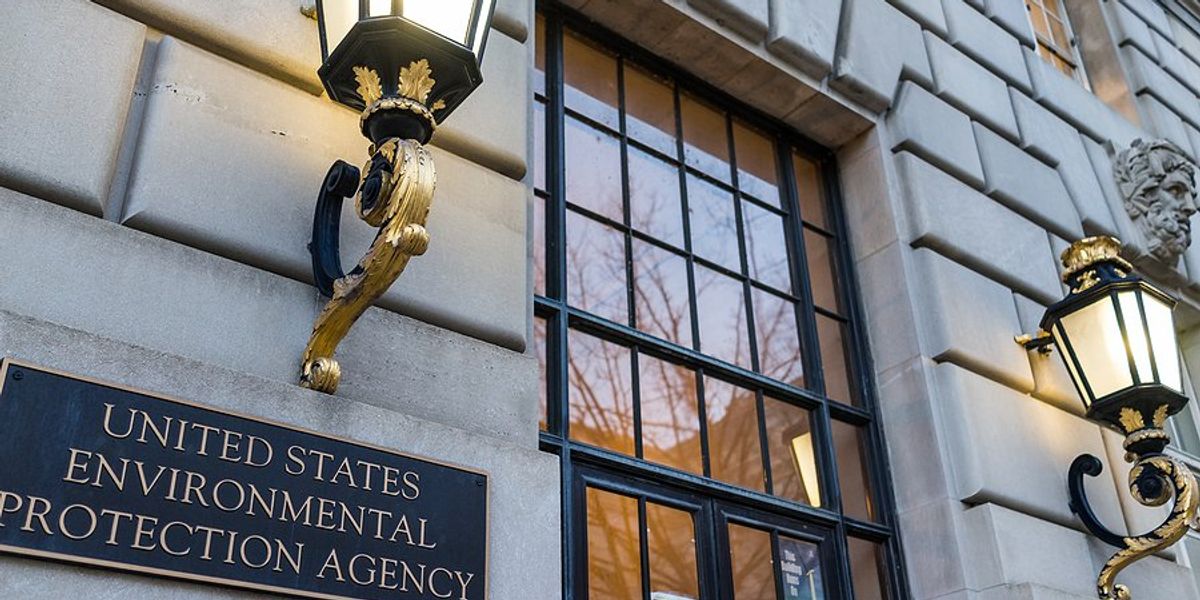
EPA repeal of limits on power plant emissions threatens key climate and health protections
It's official: The U.S. Environmental Protection Agency is moving to scrap pollution limits on greenhouse gases and toxic chemicals from power plants, reversing hard-won Biden-era rules that sought to protect public health and mitigate climate change.
Jake Spring reports for The Washington Post.
In short:
- The EPA plans to repeal 2024 rules that limited greenhouse gas emissions and toxic pollutants like mercury, arsenic, and benzene from power plants — rules that were designed to cut health risks like cancer, birth defects, and premature death.
- The rollback comes as EPA Administrator Lee Zeldin pushes for sweeping deregulation, which includes targeting the 2009 “endangerment finding” that allows the federal government to regulate greenhouse gases under the Clean Air Act.
- Critics argue the changes give fossil fuel power plants a pass to pollute, while proponents say the move will save money and keep the power grid stable.
Key quote:
“Pollutants like mercury and greenhouse gases are harmful, a settled scientific fact for decades, and the evidence has only gotten stronger.”
— Sen. Sheldon Whitehouse, D-Rhode Island
Why this matters:
The EPA just lit a match under one of the few major climate safeguards left standing. The administration’s argument — grid reliability and economic savings — echoes common pro-fossil fuel talking points. Meanwhile, the health of communities living in the shadow of smokestacks hangs in the balance. And as the Trump administration eliminates rules meant to curb the worst effects of climate change, it is also doubling down on efforts to sideline renewable energy.
Read more:













